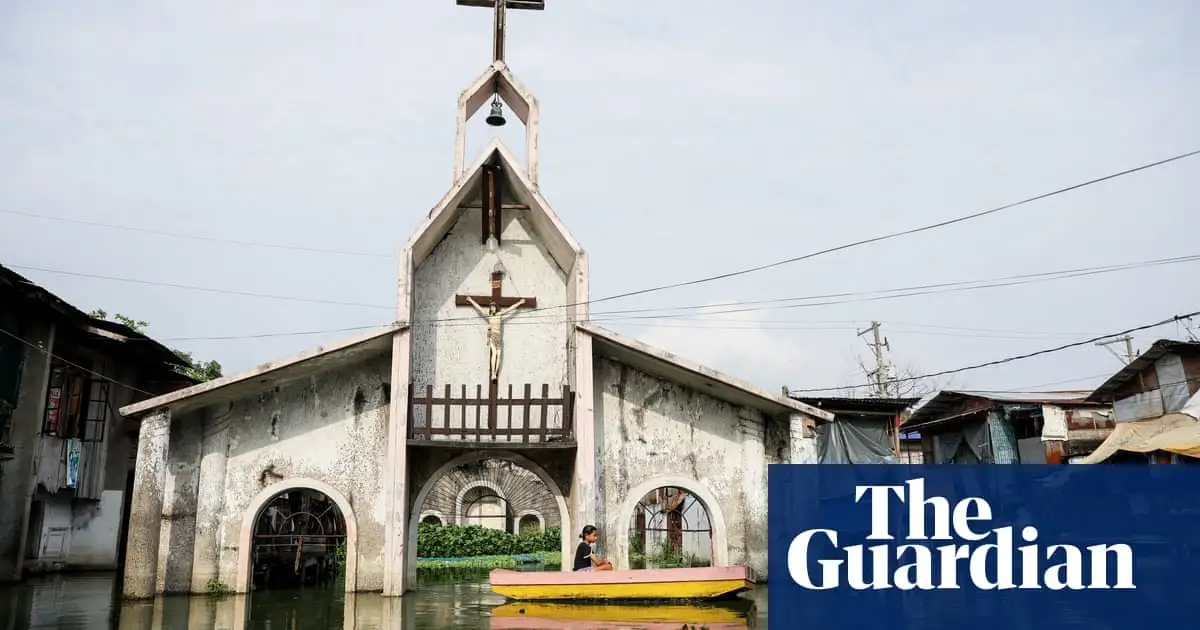It has been another catastrophic climate year: record-breaking wildfires across Canada scorched an area the size North Dakota, unprecedented rainfall in Libya left thousands dead and displaced, while heat deaths surged in Arizona and severe drought in the Amazon is threatening Indigenous communities and ecosystems.
The science is clear: we must phase out fossil fuels – fast. But time is running out, and as the climate crisis, biodiversity loss and environmental degradation worsen, there is mounting recognition that our political and industry leaders are failing us.
If the science isn’t enough, what role could – or should – faith leaders play in tackling the climate crisis? After all, it is also a spiritual and moral crisis that threatens God’s creation, according to many religious teachings.
Globally, 6 billion people – about 80% of the world’s population – identify with a faith or religion, while half of all schools and 40% of health facilities in some countries are owned or operated by faith groups. In addition, faith-related institutions own almost 8% of the total habitable land surface – and constitute the world’s third largest group of financial investors.
But the poll also found that the most religious are the least concerned about the climate crisis – in large part because they’re more likely to align with the Republican party, which has a long history of climate denialism and climate action obstruction.
^ Exactly what went through my mind when reading the thread title. Even those who don’t deny climate change, they likely figure it’s God’s doing. Nonetheless, it’s probably worth the effort to get the religious leaders of the conservative right nutters onboard with climate action. If the influence is substantial, the republican party would have to adapt.
Definitely. We may think it’s useless, but that doesn’t make it not worth the try.



